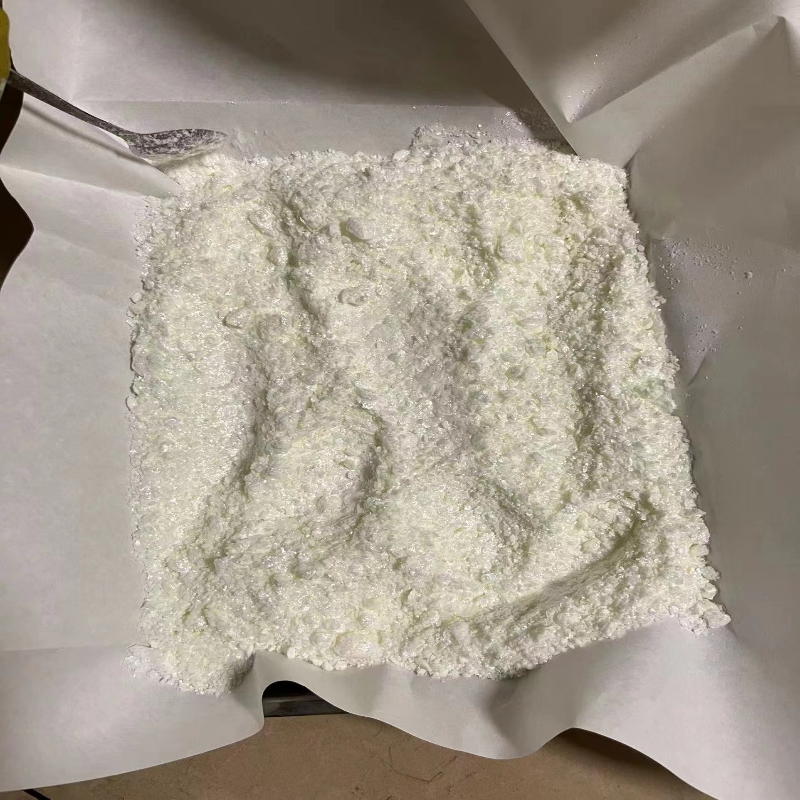-
Categories
-
Pharmaceutical Intermediates
-
Active Pharmaceutical Ingredients
-
Food Additives
- Industrial Coatings
- Agrochemicals
- Dyes and Pigments
- Surfactant
- Flavors and Fragrances
- Chemical Reagents
- Catalyst and Auxiliary
- Natural Products
- Inorganic Chemistry
-
Organic Chemistry
-
Biochemical Engineering
- Analytical Chemistry
-
Cosmetic Ingredient
- Water Treatment Chemical
-
Pharmaceutical Intermediates
Promotion
ECHEMI Mall
Wholesale
Weekly Price
Exhibition
News
-
Trade Service
Polyplastics Co.
Ltd.
, a leading global supplier of engineering thermoplastics, has introduced an innovative bonding technology that differs from traditional joining methods such as plastic welding or adhesion
.
AKI-Lock (R) has virtually no restrictions on the materials that can be used, allowing the combination of different materials to form a strong air-tight bond that was previously difficult to achieve
.
AKI-Lock(R) enables extensive new product development
.
This bonding technology meets the growing market demand for weight reduction in order to achieve the United Nations Sustainable Development Goals (SDGs), reduces the number of parts, and provides stable bond strength and service life
.
The AKI-Lock (R) technology utilizes glass fibers in glass fiber reinforced resins as physical anchors for bonding
.
Laser exposure is done in a grid pattern, leaving the glass fibers exposed
.
A strong bond is then achieved by pouring the resin to be bonded on these anchors
.
Since the bond is formed through physical anchor points, there is no time limit from laser treatment to bonding
.
Since the specific treatment area can be determined, shading is not necessary
.
No etchant is required to roughen the surface, and no waste or waste is generated
.
The air tightness is greatly enhanced by three factors: the effect of the resin entering and filling the gaps between the glass fibers; the deformation in the grooves of the primary material due to the shear flow of the secondary material; and the mold of the secondary material Compression formed by shrinkage
.
AKI-Lock (R) helps reduce assembly effort and part count, resulting in lower overall costs
.
The joining system also reduces environmental impact by using a dry process, including the elimination of adhesives
.







